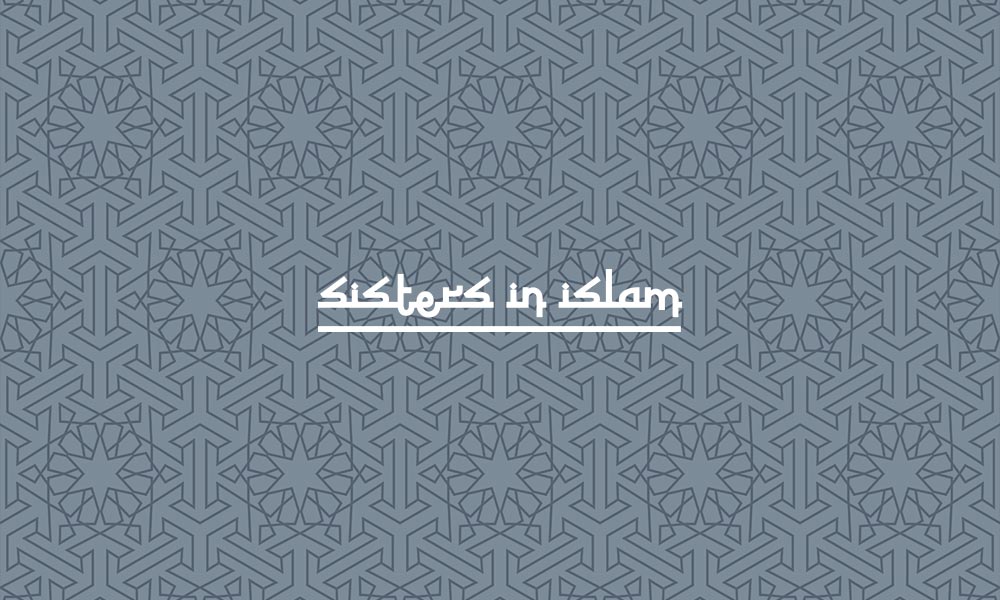Last week, various news organisations reported that a primary school teacher in Kota Tinggi, Johor was told by the school board to remove her tudung, or headscarf, if she wanted to continue teaching at the school. We are glad that, as indicated by Deputy Minister of Education II P. Kamalanathan, the Ministry of Education looked into the matter. We are also glad that the Principal of the school and the Chairperson of the school’s management board have apologised to the teacher.
Malaysia is of course not the only country where a woman has faced discrimination based on her decision to wear a headscarf. In countries like Norway, Turkey, and Germany for instance, policies and regulations placing some form of ban on women wearing headscarves have been introduced.
United Nations (UN) human rights expert committees have commented that such policies may well be discriminatory. And though the Kota Tinggi case is not exactly the same – it does not involve a regulation or policy – the principle elaborated by the UN expert committees is still applicable: a woman’s right to employment should not be limited by her choice of clothing or religion, including whether she chooses to wear a headscarf, or not.
For example, the Norwegian government in 2009 declared that women police officers were banned from wearing headscarves, ignoring the conclusion of the Norwegian Equality Tribunal that such a ban would be discriminatory to women.
The UN expert committee on women’s rights – the Committee on the Elimination of Discrimination Against Women – noted in its Concluding Observations to Norway in 2012, that there were institutional regulations in Norway which limited access of women to certain positions, based on their “ways of dress, such as wearing of headscarf.” The Committee urged the Norwegian government to conduct research on the impact of such regulations with the “view to ensure their full enjoyment of rights enshrined under the Convention [on the Elimination of All Forms of Discrimination Against Women].”
Another UN expert committee, the Committee on the Rights of the Child, expressed its concern on laws in several states in Germany that prohibit public school teachers from wearing headscarves at work, noting in its Concluding Observations to Germany in 2004 that the laws do “not contribute to the child’s understanding of the right to freedom of religion and to the development of an attitude of tolerance”.
Malaysia has ratified both the Convention on the Elimination of All Forms of Discrimination Against Women (CEDAW) and the Convention on the Rights of the Child (CRC), the UN conventions from which the two expert committees derive their respective mandate.
Other UN human rights conventions also guarantee a woman’s right to her choice of dress. For example, the International Covenant on Civil and Political Rights (ICCPR) General Comment No. 28 stresses that “specific regulation of clothing to be worn by women in public” may violate rights guaranteed by the Covenant including article 19, when “women are subjected to clothing requirements that are not in keeping with their religion or their right of self-expression” and article 27, when “the clothing requirements conflict with the culture to which the woman can lay a claim.”
But crucially, especially in the Malaysian context, we must also remember that this principle must hold for women who choose not to wear a headscarf. Women should not be denied the right to work, to education, and so on either, because they choose not to wear headscarves. Additionally, should similar incidents occur in the future – though we hope they do not – instead of aggressive threats, we should respond with rational and civilised dialogue.
Issued by the Joint Action Group for Gender Equality (JAG)
Women’s Aid Organisation (WAO)
Sisters in Islam (SIS)
All Women’s Action Society (AWAM)
Perak Women for Women Society (PWW)
Persatuan Kesedaran Komuniti Selangor (EMPOWER)
Sabah Women’s Action Resource Group (SAWO)
For more information: Yu Ren Chung, [email protected] / (010) 225 7971
